WhatsApp may soon get a voicemail feature: 5 things to know
WhatsApp is working on a new voicemail feature that could change the way we handle missed calls on the app. Instead of just redialing or typing a message, users will soon be able to leave a short voice note directly linked to the missed call. Here are five key things to know.
1/5
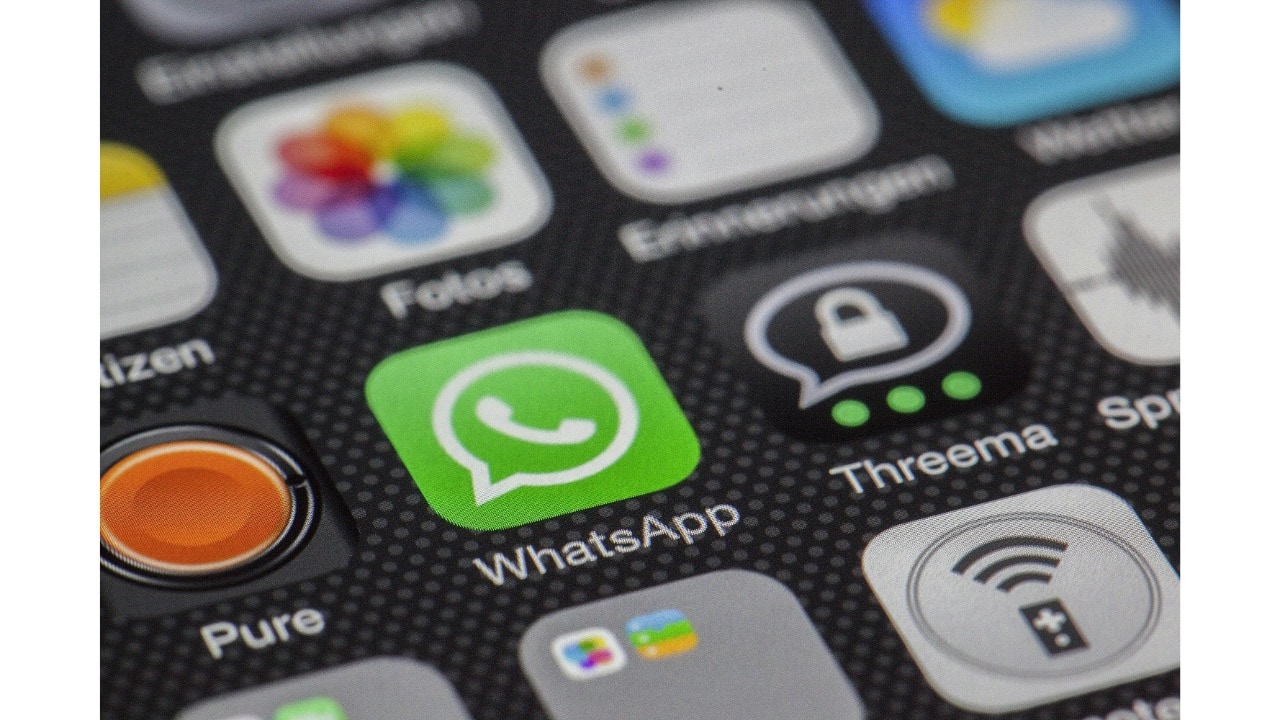
WhatsApp testing voicemail for missed calls
WhatsApp is working on a new feature that lets users leave a voicemail if someone misses their call. Instead of just cancelling or redialing, callers will soon see a “Record voice message” option. The update is currently spotted in the Android beta version, as per WABetaInfo.
WhatsApp is working on a new feature that lets users leave a voicemail if someone misses their call. Instead of just cancelling or redialing, callers will soon see a “Record voice message” option. The update is currently spotted in the Android beta version, as per WABetaInfo.
2/5
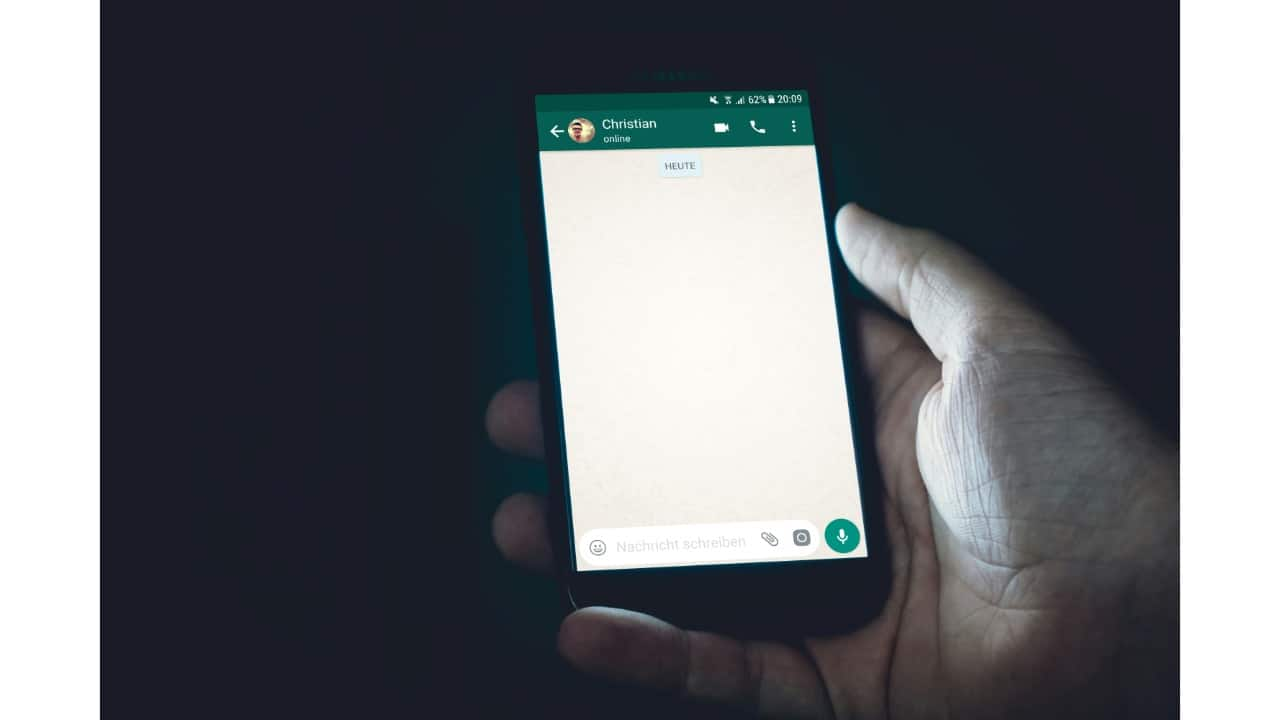
How WhatsApp voicemail works
The feature is different from traditional phone voicemails. If a call isn’t answered, users can instantly record a short audio message. The voicemail will then appear directly in the chat, tied to the missed call notification, making it clear that it’s linked to the call attempt.
The feature is different from traditional phone voicemails. If a call isn’t answered, users can instantly record a short audio message. The voicemail will then appear directly in the chat, tied to the missed call notification, making it clear that it’s linked to the call attempt.
3/5
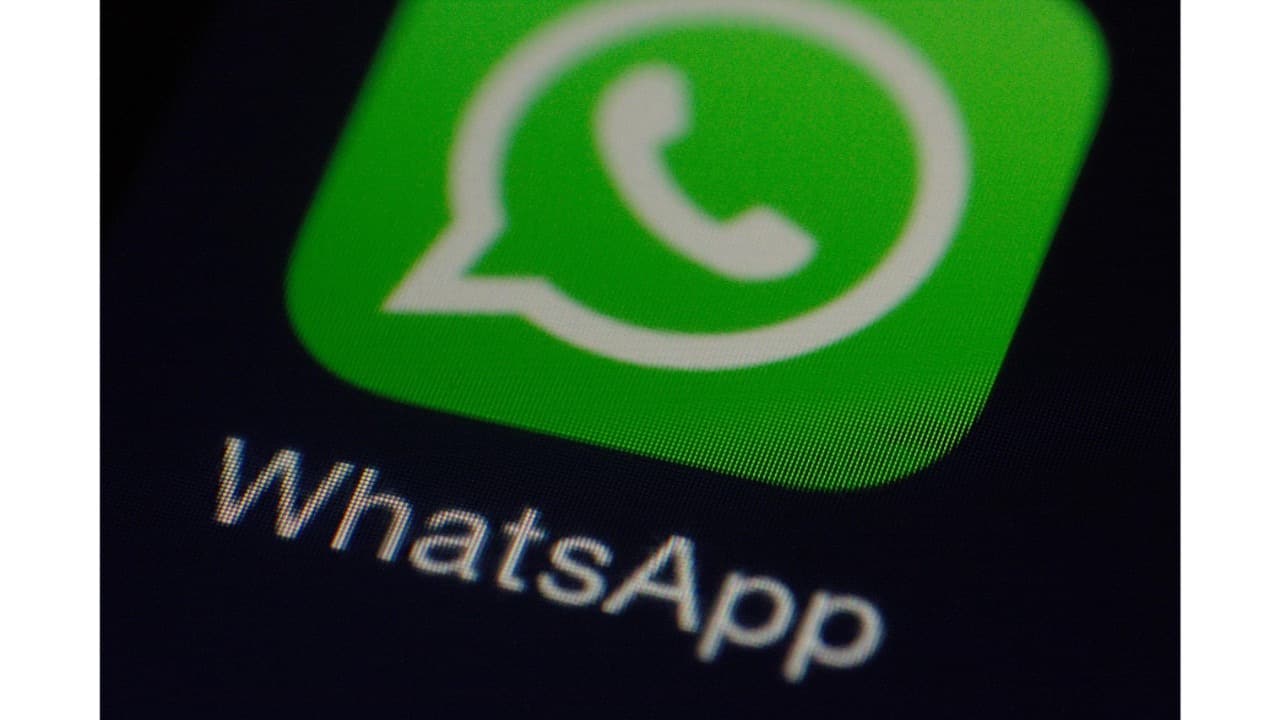
A handy option for urgent updates
This new voicemail option could be particularly useful when you need to share something urgent. Instead of typing or sending a separate voice note, the voicemail button will allow quick, contextual updates. It adds convenience for situations where calls go unanswered but messages still need to be conveyed.
This new voicemail option could be particularly useful when you need to share something urgent. Instead of typing or sending a separate voice note, the voicemail button will allow quick, contextual updates. It adds convenience for situations where calls go unanswered but messages still need to be conveyed.
4/5
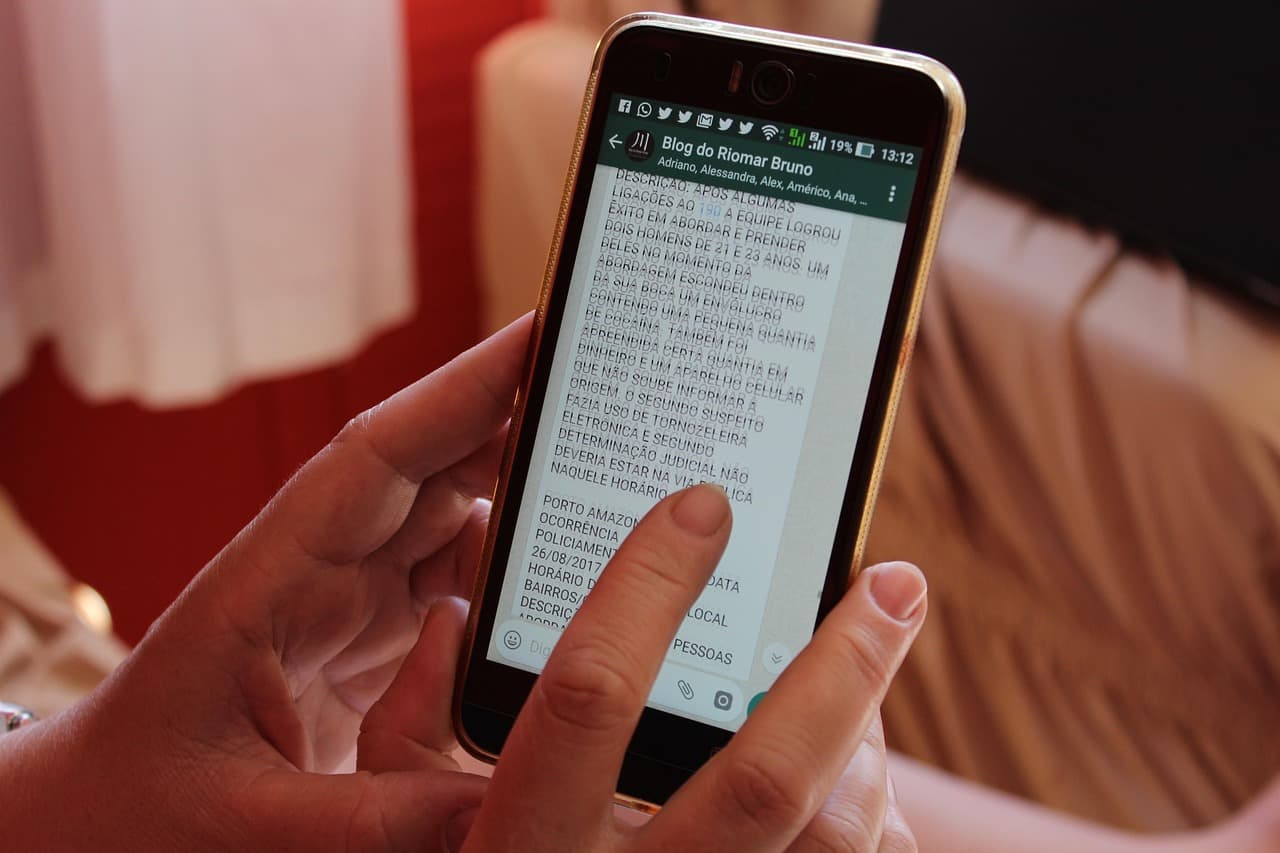
Part of WhatsApp’s bigger calling push
WhatsApp has been adding several updates to strengthen its calling experience. Recently, it rolled out call scheduling and started testing reminders for missed calls. With voicemail now in the works, the app is positioning itself as a serious alternative to traditional calling platforms, beyond just messaging.
WhatsApp has been adding several updates to strengthen its calling experience. Recently, it rolled out call scheduling and started testing reminders for missed calls. With voicemail now in the works, the app is positioning itself as a serious alternative to traditional calling platforms, beyond just messaging.
5/5
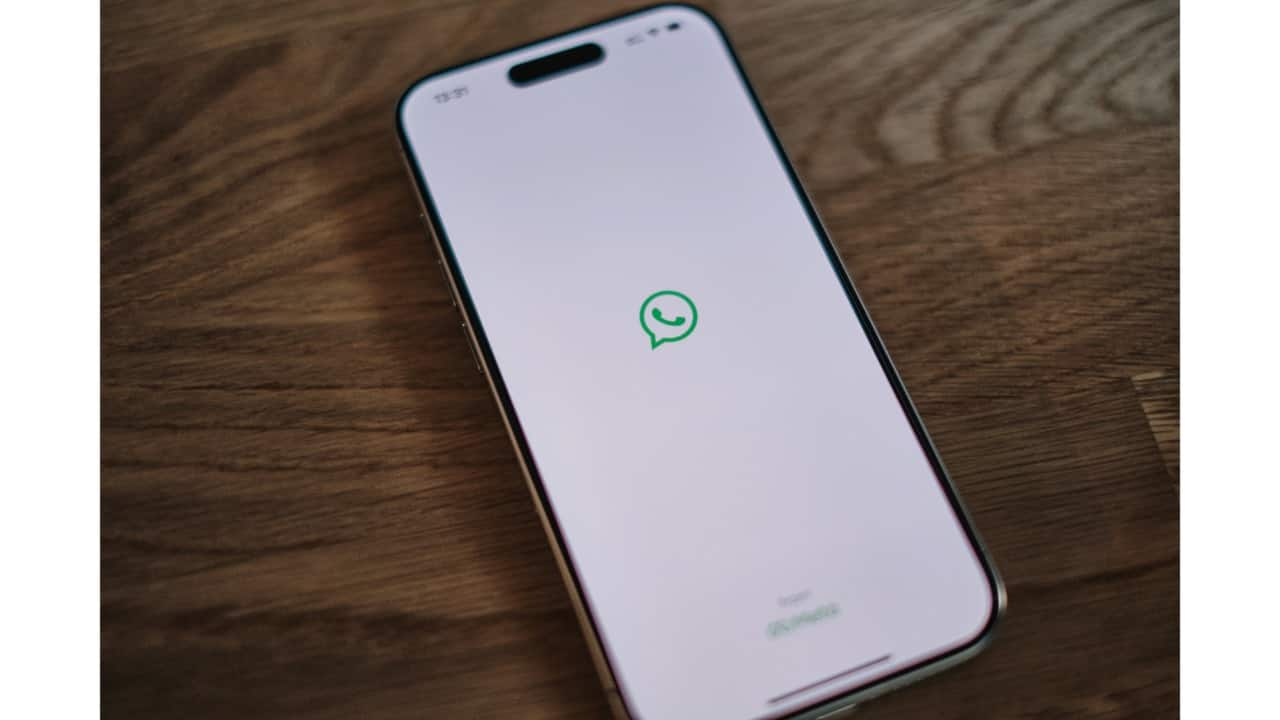
Availability of the voicemail feature
For now, the voicemail option is only available to select Android beta testers. There’s no confirmation yet on when it will roll out widely. iOS users also haven’t seen the update in the TestFlight programme, so they may have to wait longer for the feature.
For now, the voicemail option is only available to select Android beta testers. There’s no confirmation yet on when it will roll out widely. iOS users also haven’t seen the update in the TestFlight programme, so they may have to wait longer for the feature.
Discover the latest Business News, Budget 2025 News, Sensex, and Nifty updates. Obtain Personal Finance insights, tax queries, and expert opinions on Moneycontrol or download the Moneycontrol App to stay updated!






